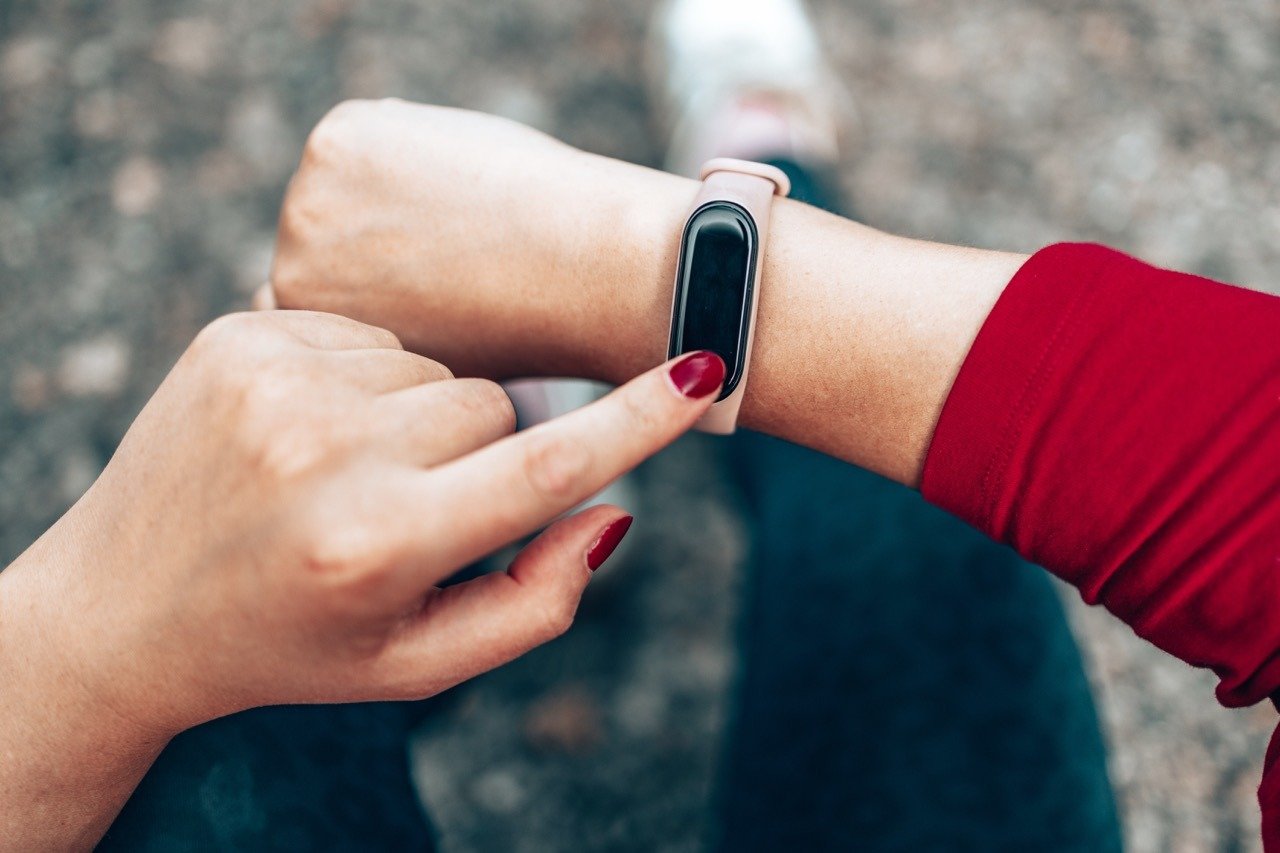Wearable Technologies and Health: New Ways to Monitor Your Well-being

Wearable technologies have become one of the fastest-growing sectors in technology in recent years. With devices like smartwatches, fitness trackers, and health applications, we can now easily monitor our health and physical activities. These technologies offer significant benefits not only for athletes or tech enthusiasts but also for people of all ages and lifestyles.
The rise of wearable technologies allows us to manage our daily lives more consciously. Smartwatches and wristbands enable us to track our heart rate in real-time, monitor our daily steps, and calories burned. They help us adopt a healthier lifestyle by analyzing our sleep quality and sleep cycles. Additionally, next-generation wearable devices like smart glasses and clothing make it possible to access information instantly and monitor our body data in detail through augmented reality and biometric sensors.
Health and fitness applications have also become an essential part of these technologies. They provide personalized workout programs and exercise guides, making it easier to achieve our goals. Nutrition and diet apps allow us to track our daily calorie intake and monitor the nutritional values of the foods we consume, helping us develop healthier eating habits.
Wearable technologies are causing revolutionary changes in the health sector as well. They facilitate the management of chronic diseases by providing continuous data flow for the early diagnosis of illnesses. They enhance doctor-patient communication, making remote consultation and treatment tracking possible. This leads to easier and more effective access to healthcare services.
However, the use of these technologies also brings up issues of privacy and security. Protecting our personal data and ensuring the security of our devices are of utmost importance. To maintain data privacy, it's crucial to know what data applications and devices are collecting and to take necessary security measures. Encryption technologies and regular updates are among the basic precautions we can take in this area.
Looking to the future, it seems that health tracking will become even more personalized with the development of technologies like biosensors and implants. Artificial intelligence and machine learning will analyze large data sets to provide more accurate results and predictive models. This signals the beginning of a new era in individual health management.
In conclusion, wearable technologies and health applications enable us to monitor our health more closely and make more informed decisions. The rapid development of technology in this area heralds greater and positive changes in the healthcare sector in the future. These innovations have the potential to improve our quality of life and therefore deserve close attention.
 Türkçe
Türkçe English
English